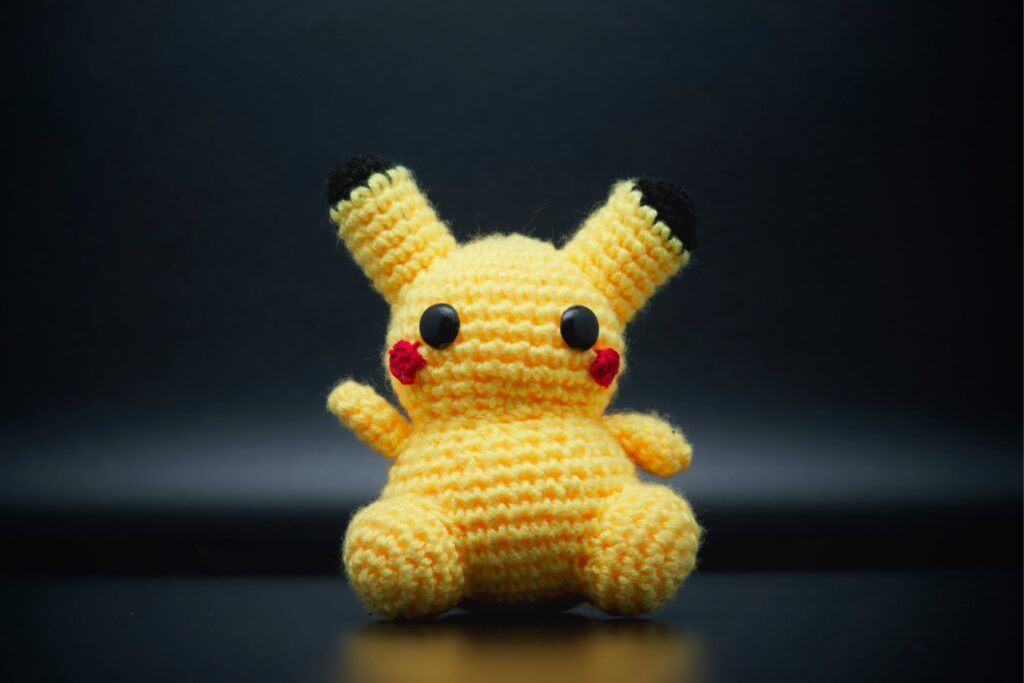Note: This is a guest post by Joshua Fields Millburn of The Minimalists.

My friend Derek wanted to be a good minimalist. So after his son, Sammy, was born, he refused to buy toys for the boy, assuming he would be just as happy playing with the rocks and sticks strewn throughout their backyard.
A few years later, however, my friend started questioning his own minimalism when he saw his son erupt with joy each time he played with his friend’s toys. Sammy smiled while he constructed deformed dinosaurs with multicolored LEGO bricks. He laughed as two Ninja Turtles performed backflips and ate plastic pizza slices. And he literally jumped with joy the first time he slammed a NERF ball into its door-frame hoop.
Derek realized he had been denying Sammy in the name of minimalism—dampening his boy’s playtime with his own preference for simple living. So he did what many loving fathers might do: he logged onto Craigslist and found a big box of used toys.
When Sammy opened the box, his facial features expanded with delight. He extracted his new toys one at a time—a Walkie Talkie, an Etch A Sketch, a miniature Wright Flyer model airplane—welcoming each with gratitude.
Yet at the sight of Sammy’s glee, Derek was overtaken not by triumph, but by the consumerist mindset: If one box made him this happy, then ten boxes will surely make him ten times happier.
As Derek returned to Craigslist, an insight from his past interrupted his next transaction: This was exactly how I behaved before becoming a minimalist. Instead of enjoying the things in front of me—instead of being satisfied with my treasure—I always searched for more.
He looked over at his son and noticed that Sammy was fully present, free from the yearning that is chaperoned by consumerism. The shopper’s delirium that had always removed Derek from the joy of the moment was absent from the boy. Sammy was simply happy with the toys that were in front of him.
It occurred to Derek that the new toys didn’t make his son happy—they intensified the joy that had been there, in his heart, all along. The toys acted as an amplifier of joy, not the source of it.
Derek looked back at his computer and had an aha moment: Ten times the toys didn’t equate to ten times the joy. In fact, more toys might distort Sammy’s innate happiness because, much like a stereo amplifier, every sound turns into noise when the volume is cranked all the way up.
In economics, this overamplification is known as the law of diminishing marginal utility, which states that an item’s total utility increases more slowly as consumption increases, until, eventually, a point is reached at which consumption yields negative utility.
Accordingly, zero toys was a type of deprivation. That’s why the first box generated considerable utility. And yet a warehouse worth of toys would be another kind of deprivation—an overabundance that would strip away the peacefulness of playing in the present.
Instead of making another purchase, Derek shut his laptop and admired his son’s exuberance. Depriving Sammy was not a minimalist move; it was a legalist edict that had accidentally silenced his joy. But when Derek let go of his stringent regulations, the suppressor was removed and joyfulness echoed throughout their home.
***
Joshua Fields Millburn is a New York Times–bestselling author, Emmy-nominated Netflix filmmaker, podcaster, and the founder of the simple-living collective The Minimalists.
.


